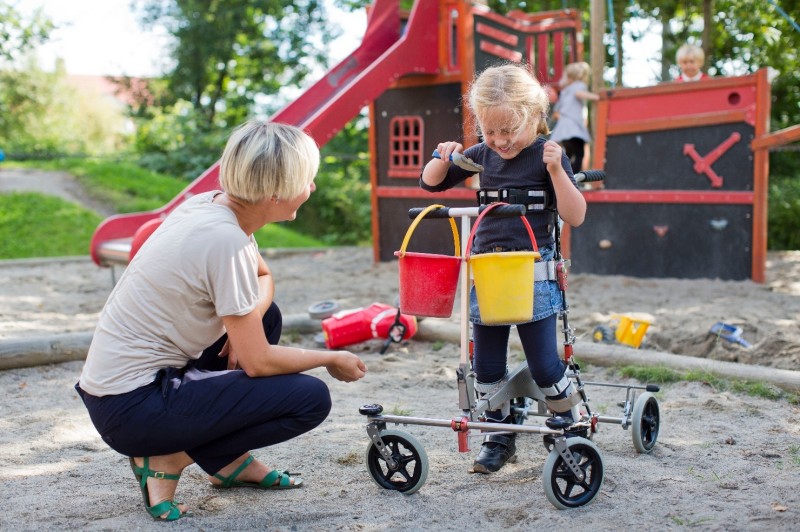When it comes to caring for our health and wellness, we often think about diet, exercise, and regular check-ups. However, one often overlooked tool is a “medical alert system.” These systems are a critical lifeline, providing peace of mind and immediate assistance in the event of an emergency.
Medical alert systems are designed to signal the presence of a hazard requiring urgent attention and to summon emergency medical personnel. Typically, these devices are easy to operate and can be activated by pressing a button, pulling a cord, or by other simplified means.
Having a medical alert system at home or on your person can be a game-changer for individuals with health conditions, the elderly, or anyone who lives alone. But what makes a medical alert system worth considering?
Firstly, medical alert systems provide a sense of security and independence. A 2025 study from the Journal of Geriatric Care found that having a medical alert system significantly reduced the fear of falling among seniors living alone. It gives them the confidence to live independently, knowing that help is just a button press away.
Aside from providing peace of mind, medical alert systems also offer practical benefits. For instance, if a person falls and can’t get up, pressing the button on a medical alert system can connect them to a response center. This center can then dispatch local emergency services to the person’s location.
There are various types of medical alert systems available, each with its distinctive set of features. Some are home-based, while others are mobile. Home-based systems connect to your home phone line and will alert a 24/7 call center if the alert device is activated. In contrast, mobile systems use GPS technology to track the user’s location and call for help if needed, making them a good choice for active individuals.
The decision to invest in a medical alert system should be based on individual needs and lifestyle. Factors to consider include the person’s mobility, living situation, and overall health status. For example, someone with a chronic health condition might benefit from a system with automatic fall detection or a device that monitors vital signs.
It’s also essential to consider the cost of a medical alert system. These devices can range from affordable to quite expensive, depending on the features included. Some services charge a monthly fee, while others require a one-time purchase. Make sure to research and compare options thoroughly before making a decision.
Ultimately, a medical alert system is a tool that can contribute to a sense of safety and independence, especially for those at risk of medical emergencies. It’s a proactive measure that empowers individuals to manage their health and wellness effectively.
Remember, while a medical alert system provides an essential safety net, it’s not a replacement for regular medical check-ups or a healthy lifestyle. Continue to prioritize a balanced diet, regular exercise, and routine doctor’s visits for optimal wellness. The system is there to provide support when you need it most, not to replace other important aspects of healthcare.
In conclusion, medical alert systems are an essential tool for enhancing health and wellness. They provide peace of mind, promote independence, and ensure immediate medical assistance is available when needed. Whether for yourself or a loved one, a medical alert system could be a worthwhile investment for better quality of life.












 : eval()'d code(1) : eval()'d code(1) : eval()'d code(1) : eval()'d code</b> on line <b>2</b><br />
https://mindbodyfuell.com/wp-content/themes/baobao/default.jpg)
